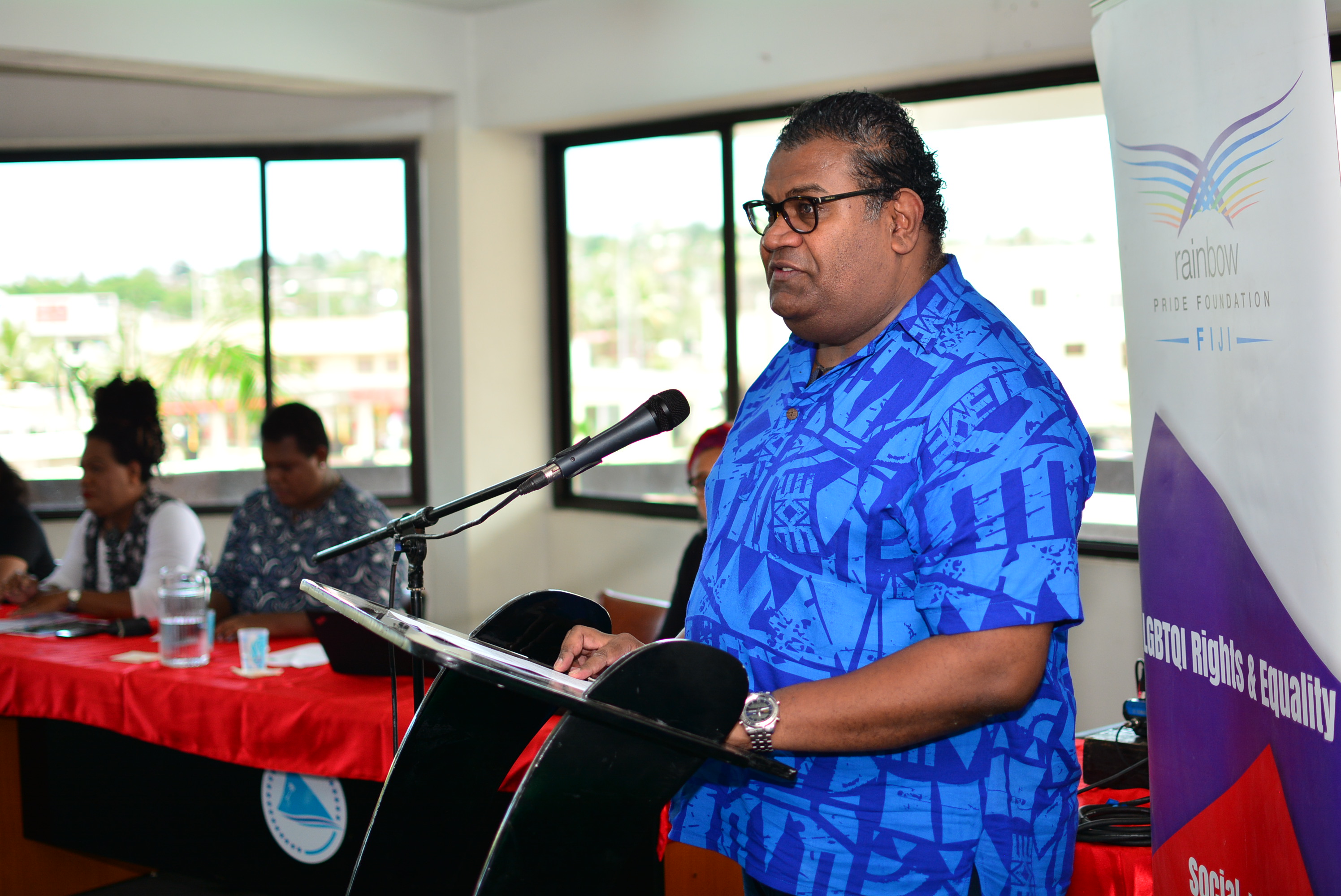Transgender women remain one of the most marginalised communities in the region today.
Pacific Sexual and Gender Diversity Network Chief Executive Officer Isikeli Vulavou highlighted this in his message to commemorate International Women’s Day today.
Mr Vulavou said the vulnerability of transgender women to different types of violence is strongly connected to the challenges in receiving education, finding employment, lack of support networks and consequently, the need to engage in commercial sex work, which is criminalized and extremely stigmatized in many Pacific countries.”
He said the situation of many diverse women is often aggravated by homophobic and transphobic prejudices of government leaders, law enforcement officials, work colleagues and other service providers.
He added we all have a responsibility to seek diversity, value equity, and embrace inclusion – whether in the workplace, community, government or industry.
He said we must continue to break the bias wherever it exists and show genuine commitment to women’s advancement and openly embrace diversity, equity and inclusion.
Meanwhile Mr Vulavou said today is a beautiful moment for all of us to reflect on and celebrate the strides made in women empowerment and recognizing the important role and contributions of diverse women in Fiji and the Pacific.
He said today is a time to reaffirm our commitment to gender equality, women’s rights, diversity and inclusion and uplift the voices of diverse women everywhere.
With this year’s IWD theme – “Break the Bias” Mr Vulavou said whether deliberate or unconscious, bias makes it difficult for women, mainly Lesbian, Bisexual and Transgender (LBT) women to move ahead.
Mr Vulavou said violence, discrimination and psychological challenges continue to affect the progress and the quest for inclusion and equality for many LBT women in Fiji and the Pacific.
“Women face different types of pressure and violence when their gender and sexuality intersect. One aspect of the hardships faced by LBT women, that is rarely discussed is the alienation from family members and social circles, conditioned by the fact that most people in the region choose not to come out to their families, due to high levels of xenophobia, hate, shaming and public aggression towards the LGBT community,” Mr Vulavou said.
He said the lack of support system and the continued bias shown against the marginalized groups is an area of concern that promotes hate, disengagement, and shrinks the voices and progress of diverse women from important spaces.
“As a result of being looked down at, discriminated against and abused, LBT women suffer from many social and health challenges.”



